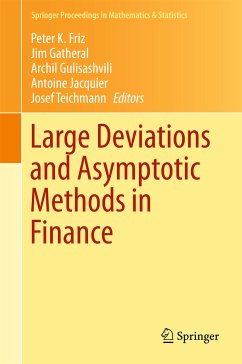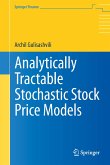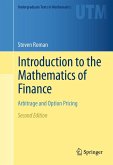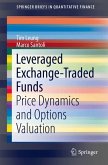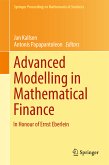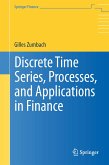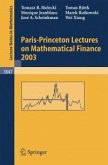Over the past decade, asymptotic methods have played an increasingly important role in the study of the behaviour of (financial) models. These methods provide a useful alternative to numerical methods in settings where the latter may lose accuracy (in extremes such as small and large strikes, and small maturities), and lead to a clearer understanding of the behaviour of models, and of the influence of parameters on this behaviour.
Graduate students, researchers and practitioners will find this book very useful, and the diversity of topics will appeal to people from mathematical finance, probability theory and differential geometry.
Dieser Download kann aus rechtlichen Gründen nur mit Rechnungsadresse in A, B, BG, CY, CZ, D, DK, EW, E, FIN, F, GR, HR, H, IRL, I, LT, L, LR, M, NL, PL, P, R, S, SLO, SK ausgeliefert werden.
Hinweis: Dieser Artikel kann nur an eine deutsche Lieferadresse ausgeliefert werden.

